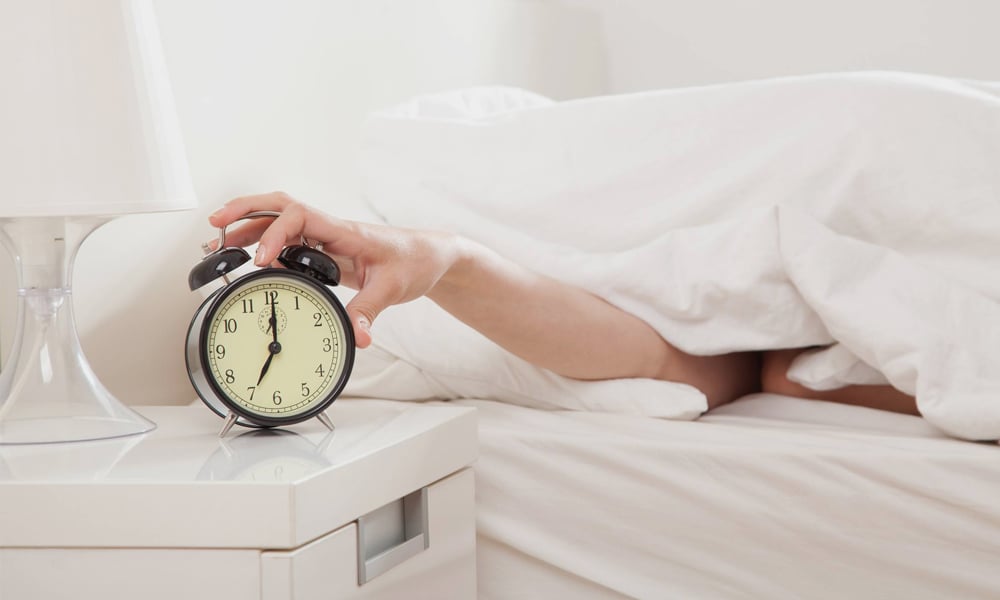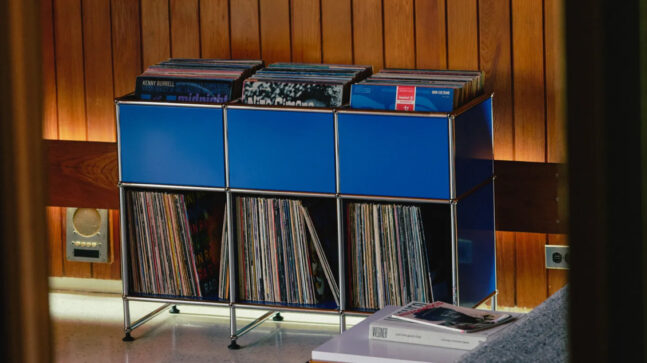Sleep is one of the toughest things about being an adult. Well, not sleep, really, but the transition between sleep and not sleep. Waking up, in other words. It’s just so damn easy to lay there and reach for the snooze button every seven to fifteen minutes, depending on your personal alarm settings. But in the end, what good comes of it? You’re drowsy and groggy, you’re actually getting more rest, and you usually end up being late for whatever it was you needed to wake up for in the first place.
It’s a mess.
Rather than hit the snooze button, there are a ton of other things you could be doing to ensure you get a good night’s rest and are ready to start your day bright and early—sans snooze.
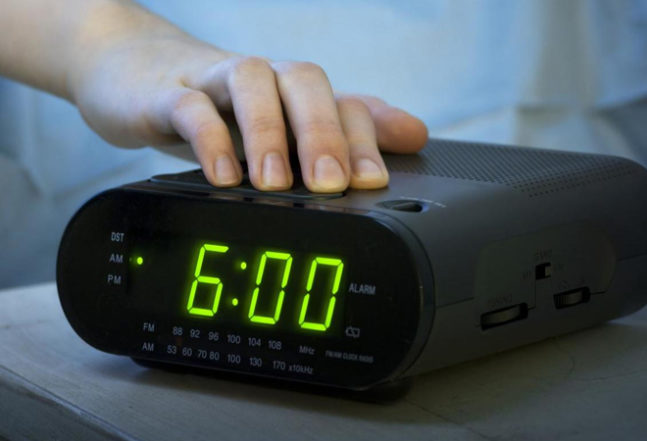
Take Things Slow
Human beings are creatures of habit. We enjoy routine. Because of that, when our routines are disrupted—or we purposefully disrupt them—things tend to go awry. One foolproof way to not find yourself hitting the snooze button a million times is to gradually wake up earlier and earlier over the span of a few weeks or even months. Try waking up one minute earlier every other day. If you normally wake up at 7 a.m. but would like a 6 a.m. wake up, you’ll reach your goal in under four months just by taking things slowly. As opposed to just jumping in and trying to wake up at 6 a.m.—which, more times than not, proves disastrous. Link
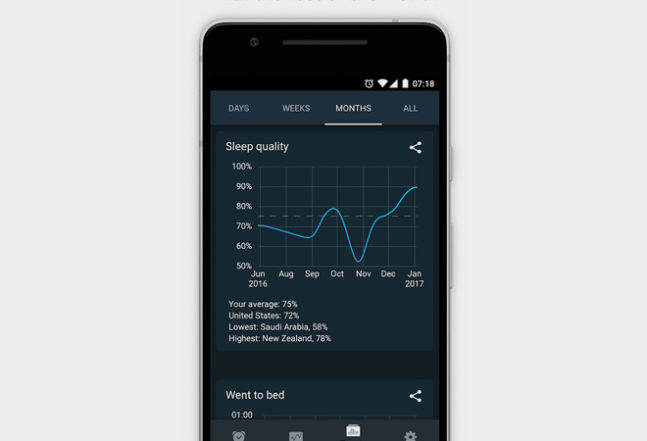
Change Your Alarm
We don’t want to plug an app here, but we really have to give it up to the team from Sleep Cycle. Their alarm app works with the sleep cycle of your body in order to locate the optimal time to begin waking you up, based on the time that you set in the app. There are a bunch of other useful alarms and alarm apps out there, but Sleep Cycle is definitely our favorite. Link

Find An Accountability Partner
Studies show time and time again that if we create some level of accountability to ourselves—whether it be jogging in a group, taking a spin class, or even waking up together—we are more inclined to keep to the goals we set. If you’re trying to wake up earlier and better rested, get yourself a sleep buddy. Someone who will go to bed at a certain hour with you, and then wake up at a certain hour with you. This kind of continued accountability is proven—by science—to really work. Link

Set Hard Goals and Stick to Them
Study after study after study shows that setting hard goals and deadlines for yourself absolutely helps to attain goals. If you want to wake up without touching the snooze button for an hour, make sure you’re constantly setting goals and holding yourself accountable. According to the study above, over 70 percent of the participants who sent weekly updates to a friend or researcher about their successful goals or accomplishments were more than likely to achieve their goals. Link
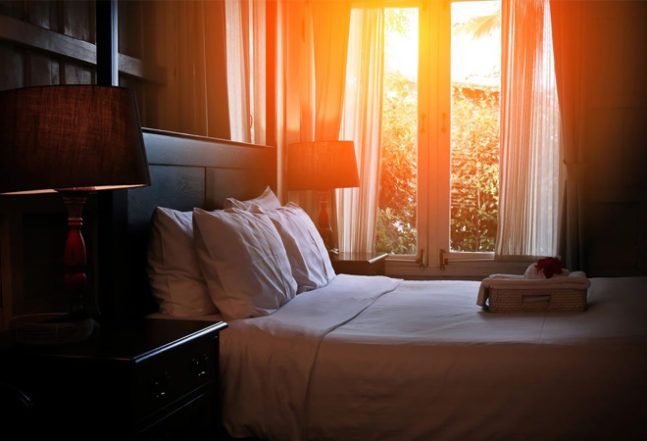
Wake Up With The Sun
Before there were alarm clocks, we humans spent hundreds of thousands of years rising and sleeping with the sun. When the sun came up, so did we. And when it set, it was time for bed. Well, it turns out, we’re still hardwired like that. If you want to wake up without hitting the snooze (or without setting any alarm, for that matter), take the blinds off the windows and let your body become acclimated to rising with the sun. It’s definitely a difficult process at first, but you’ll find that it’s worth it in the long run. Link
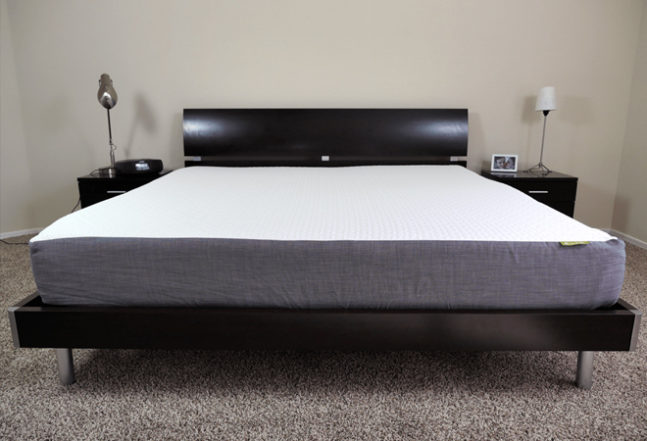
Buy a Less Comfortable Bed
Do you remember being a kid in school and absolutely hating how uncomfortable your desk and chair were? Well, believe it or not, they were made uncomfortable by design. Being uncomfortable and having forced straight posture is actually scientifically proven to help children stay awake and alert in class when compared to more traditional, modern desks. The same thing is actually true for military foxholes in WWI and WWII. They were made intentionally uncomfortable for our soldiers because they needed to be alert and ready to fight at a moment’s notice. Well, you may not be fighting Hitler or re-learning algebra, but if you want to spend less time in your bed, try sticking with a harder, less comfortable bed. Think of your bed as a foxhole—it’s there to give you rest and keep you safe, not necessarily have you feeling like you’re on a bed of clouds. Link
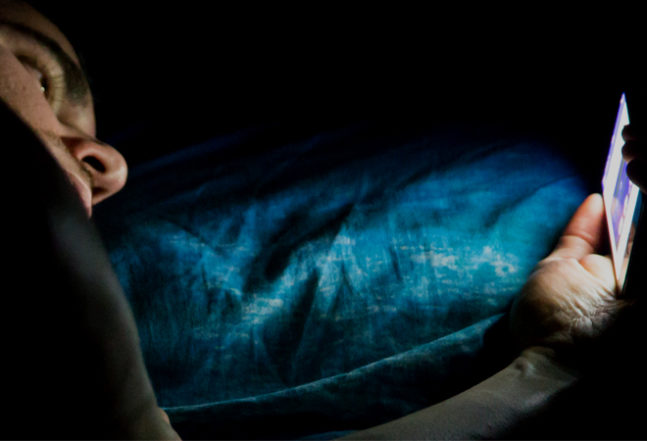
Put Your Phone Down
For as awesome as smartphones are, it’s a well known and well researched fact that they wreak havoc on our sleep cycles. According to sleep.org, 71 percent of people sleep holding their smartphone. Unfortunately, those same smartphones also emit “blue light,” which is essentially a type of like that the brain actively interprets as daylight. So, if you’re checking your phone an hour or so before bed, you’re actually tricking your brain into thinking the sun is up, and thus, that it’s time for work. The blue light also suppresses melatonin, which is the hormone in our bodies that regulates our circadian rhythm. Putting your phone down at least an hour or two before bed will help you get to sleep early so you can wake up earlier. Link
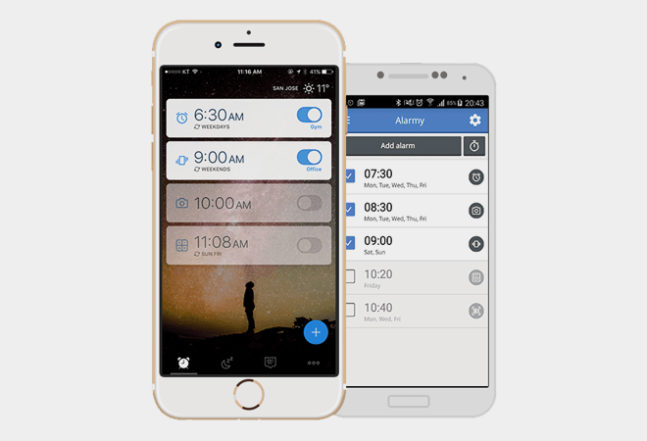
If Worse Comes To Worst, There’s An App For That
Of course, if all else fails, there are a ton of smartphone apps out there specifically designed to force you to get out of bed. While Sleep Cycle takes a gentle and pragmatic approach to waking up, there are apps like Alarmy, which not only comes with an exceptionally loud and obnoxious alarm, but will also not turn off or down until you take a photo of something in your house (like your kitchen faucet, for instance). It literally forces you out of bed and removes any and all chances of you ever hitting the snooze button again. There are also other apps that make you do things like spin in a circle, shake your phone for a period of time, play mini games to help wake up your brain, etc. Link


